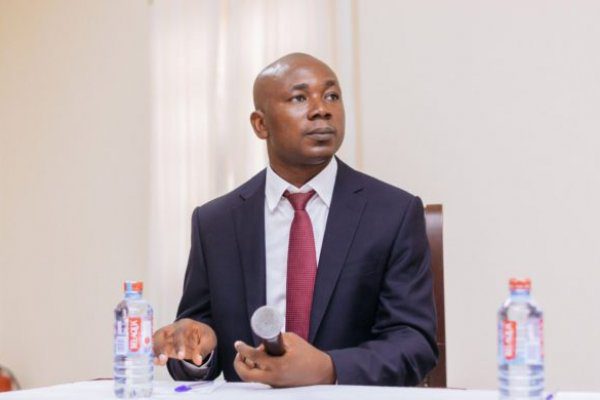Associate Professor of Finance and Economics at the University of Ghana Business School, Professor Godfred Bokpin, has warned the government against ending the International Monetary Fund (IMF) programme in 2026, stressing that doing so could be disastrous for the economy.
Speaking at a Canada Ghana Chamber of Commerce event on the topic “2025 Budget in Perspective”, Prof. Bokpin expressed deep concern, saying, “I find it difficult to see how Ghana will survive after the programme.” He cautioned that exiting the IMF programme could expose the country to serious fiscal challenges.
He pointed out that the recent sharp rise in utility tariffs was tied to IMF conditions, emphasizing that the IMF Board would not approve the $360 million balance of payment support without such measures.
Despite these realities, President John Mahama’s government has indicated it will not extend the programme beyond 2026, even though the economy remains fragile. Ghana is also expected to begin significant debt repayments from 2026, which is likely to strain public finances even further.
Looking back historically, Prof. Bokpin lamented Ghana’s slow economic progress since independence, noting that Ghana once outperformed countries like Malaysia and Singapore, which have now surged ahead.
“Since 1992, every budget has talked about macroeconomic stability, but we have yet to translate that into real economic growth,” he said.
Prof. Bokpin highlighted that Malaysia has never had to seek IMF assistance, whereas Ghana has turned to the IMF 17 times for bailout support. He stressed that while Ghana has spent as much as Malaysia and Singapore on development, poor fiscal policies have kept the country lagging behind.
Joe Jackson Blames Over-Borrowing for Ghana’s Economic Woes
Adding his voice, Chief Executive Officer of Dalex Finance, Joe Jackson, criticized the previous government’s excessive borrowing, saying it nearly collapsed Ghana’s economy.
“Our crisis was triggered by over-borrowing. Spending 47% of tax revenue on debt servicing was a clear sign of trouble,” he remarked. Jackson revealed that by 2020, Ghana’s public debt stood at GH¢291 billion, about 76.1% of GDP.
He also linked Ghana’s exchange rate struggles to the high cost of servicing external debts and the repatriation of profits by foreign investors, rather than trade imbalances.
“Stop blaming traders like GUTA; the real issue is the large outflows for debt servicing and dividends,” he emphasized.
Opening the session, the President of the Canada Ghana Chamber of Commerce (CANCHAM), Linda Vasinani, encouraged businesses to stay engaged with economic developments to better plan and adapt.
The event offered a thorough analysis of the 2025 Budget, the future of Ghana’s IMF programme, and the budget’s potential impact on the private sector.

